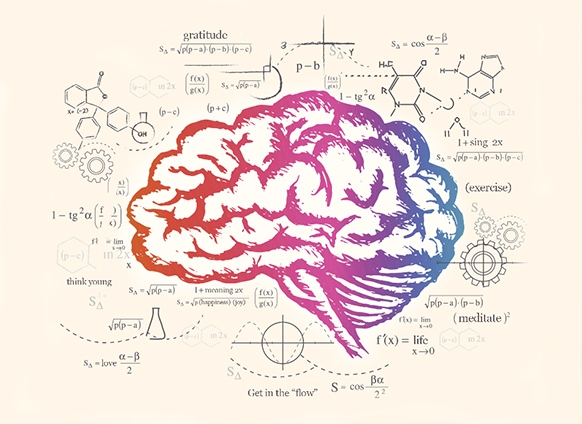
**It Took Me a Long Time to Understand How Excessive Pessimism and Stress Were Holding Me Back**
In today’s rapidly changing world, stress often feels like a constant presence, an unavoidable companion amidst the overwhelming demands of daily existence. Whether stemming from work, family duties, or societal expectations, many individuals – myself included – find it all too easy to fall into patterns of negativity and pessimism. It took me years to recognize how these feelings were not only impacting my mental wellbeing but also my capacity to be present and appreciate the wonders of life. Upon reflecting on my journey, I discovered that mindfulness was the essential tool for alleviating the mental weight brought on by stress and pessimism.
### **The Subtle Hold of Pessimism and Stress**
Initially, I was unaware of how pessimism was gradually infiltrating my mindset. With responsibilities stacking up – full-time employment, postgraduate studies, and financial pressures – I found myself trapped in a cycle of negative self-dialogue and incessant anxiety. I felt as though I lacked the time to breathe, let alone pause for reflection or reassess my situation.
It was only when I reached a breaking point, completely overwhelmed by stress and anxiety, that I understood I needed to reevaluate my life approach. Pessimism, masquerading as harmless realism, obscured my thoughts and constrained my capacity to relish the present or envision hope for the future.
### **The Discovery: Mindfulness as a Solution**
Following extensive research and discussions with friends, I uncovered the idea of mindfulness. Despite my initial doubts, the scientific evidence showcasing its advantages was compelling. Mindfulness didn’t require extensive time commitments; rather, it encouraged me to reconnect with the present using brief intervals throughout my day.
I realized that mindfulness isn’t merely a passive experience. It’s a discipline – a skill anyone can acquire with commitment. It can take many forms: deep-breathing exercises, guided meditations, gratitude journaling, and mindful movements like yoga.
### **How Mindfulness Shifted My Outlook**
Here’s where it became fascinating: my perspective began to change almost subtly at first but gradually gained strength over time. Just five minutes of deep breathing each morning provided me with a sense of tranquility that extended into my workday. Noting down three things I felt gratitude for after a tough day helped reshape my outlook toward positivity.
Mindfulness does not require significant displays or lengthy meditation sessions; instead, it promotes short but meaningful practices that can seamlessly integrate into daily life. For instance, I might engage in deep breathing while commuting or quietly reflect on a small joy—like enjoying coffee in the morning. This newfound “present-mindedness” slowly converted my habitual negativity into something softer, something full of hope.
### **The Advantages of Being Present**
Mindfulness reminded me that life unfolds one moment at a time. I became aware of how much I had been speeding through existence, fretting over future challenges or revisiting past errors. However, living on autopilot proved unsustainable. Through practicing mindfulness, I began to reconnect with the one element I could genuinely control: this moment, right here, right now.
When we concentrate on the present, time appears to stretch. The tiniest moments—listening to birds outside, feeling the warmth of tea in your hands, or savoring a kind word from a friend—transform into profound sources of joy that ground you amid life’s tumult.
### **Discovering a Mindfulness Practice That Resonates**
The beauty of mindfulness lies in its adaptability. What suits one individual may not resonate with another, but the opportunities to customize it to your liking are limitless.
For me, yoga has been life-changing. Its blend of movement, breath, and concentration aligns perfectly with my need to feel anchored both physically and mentally. Conversely, a friend of mine finds her mindfulness in nature walks, while another swears by journaling.
The essential aspect is identifying what resonates with you. Whether you prefer meditation apps, gratitude journals, mindful stretching, or merely sitting quietly in a space, the practice of mindfulness is profoundly personal. Exploring various methods can assist you in discovering what effectively disengages you from life’s stressors and helps you regain your center.
### **The Impact of Gratitude Journaling**
Among all the mindfulness techniques I’ve explored, gratitude journaling has proved to be one of the most powerful. Each night, I allocate just five minutes to jot down three things I’m grateful for. It could range from a significant career achievement to something as simple and specific as relishing a sunny day.
Gratitude journaling compels your brain to focus on the positive aspects, counteracting the persistent negativity bias most of us have unknowingly fostered. It reshapes your neural pathways to seek out and retain the good in life, which in turn